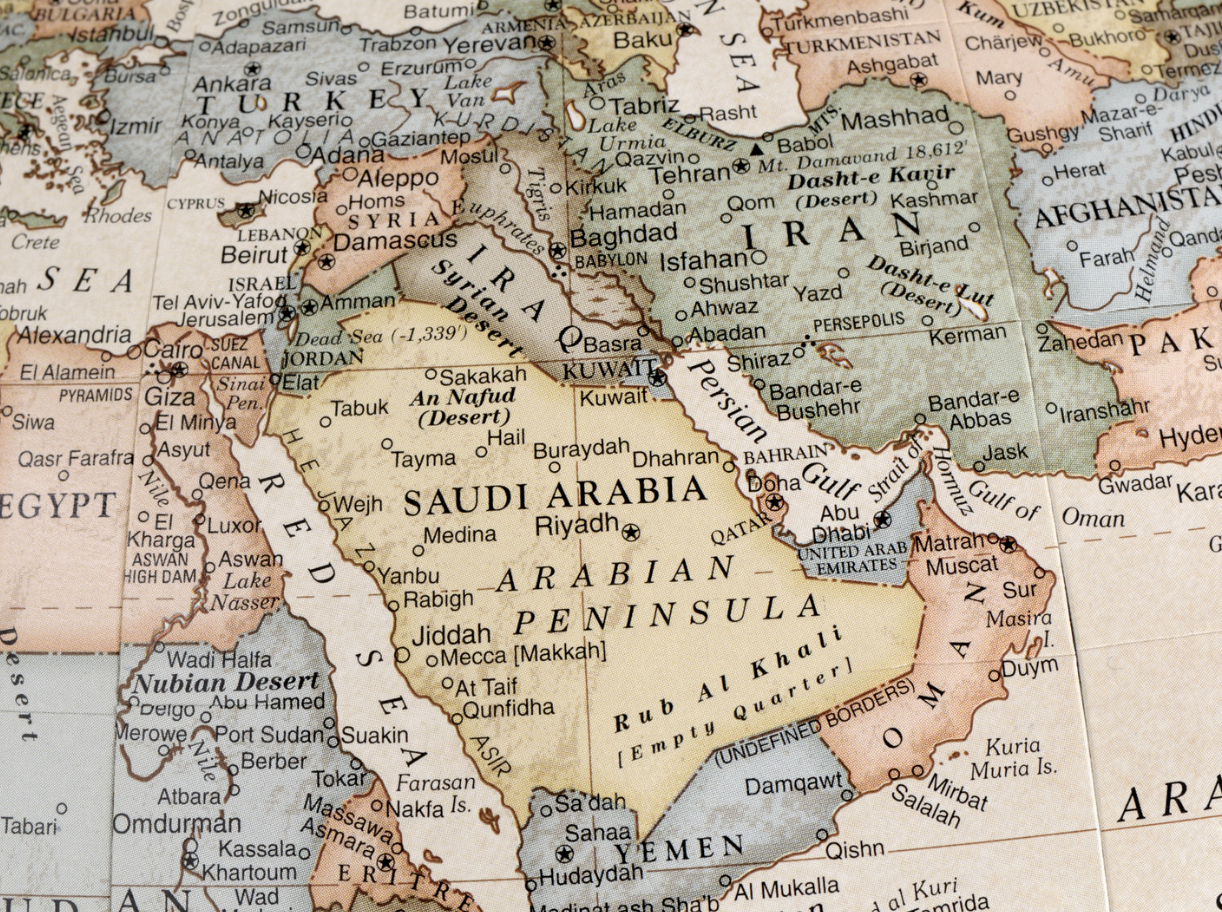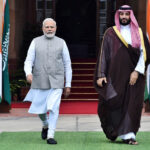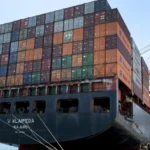Deal activity in the Middle East and Africa (MEA) fell by 10.4% in the first eight months of 2024, reflecting growing uncertainty in the global economic landscape, according to a report by data and analytics firm GlobalData. The decline mirrors a broader downturn in deal-making across major regions, with macroeconomic challenges and geopolitical instability curbing investment appetite.
North America saw the steepest year-on-year (YoY) decline, with deal activity plunging 18.9%, while Europe, Asia-Pacific, and South and Central America experienced respective drops of 16.2%, 8.1%, and 27.3%. Globally, total deal activity dropped by 15% YoY, with just 32,050 deals recorded during the period.
The drop was widespread across different types of transactions. Mergers and acquisitions (M&A) activity saw a 9.5% decline YoY, while private equity investments fell by 13.4%, and venture financing suffered the largest hit with a 23.9% drop.
Global Uncertainty Weighs on Deal-Making
Aurojyoti Bose, Lead Analyst at GlobalData, attributed the slowdown to a combination of factors. “Macroeconomic challenges and geopolitical issues are likely influencing the deal-making activity,” Bose said. He highlighted that rising interest rates, inflationary pressures, and political instability have made dealmakers more cautious. Nevertheless, he noted that opportunities still exist for those with the strategic foresight to navigate these turbulent waters.
Opportunities Amid the Downturn
Despite the gloomy outlook, the decline in deal volume may present opportunities for savvy investors. “This dip in deal volume, particularly in major regions, may open doors for investors and companies looking to acquire undervalued assets,” Bose added. He pointed out that those who can weather the current economic uncertainty may position themselves strongly for a market rebound.
Outlook for the Middle East and Africa
The MEA region’s 10.4% decline in deal activity reflects broader economic challenges but also underscores the region’s resilience in comparison to other areas like South America, which experienced a far steeper drop. The region’s unique geopolitical and economic dynamics, including oil price fluctuations, energy transition efforts, and regional conflicts, continue to influence deal-making decisions.
As markets globally recalibrate to new economic realities, companies and investors in the MEA region will likely look to navigate these challenges with a combination of strategic investments and partnerships, especially in sectors such as energy, technology, and infrastructure.
As the world awaits signs of economic recovery, dealmakers are expected to remain cautious, though a potential rebound in market conditions could bring renewed interest in high-value, strategic acquisitions across global markets, including the Middle East and Africa.
UAE President Meets Chinese Premier In Abu Dhabi; Discuss Trade, Economy & Growth





